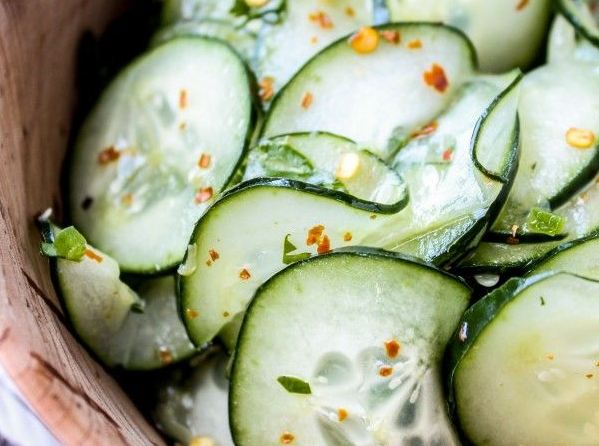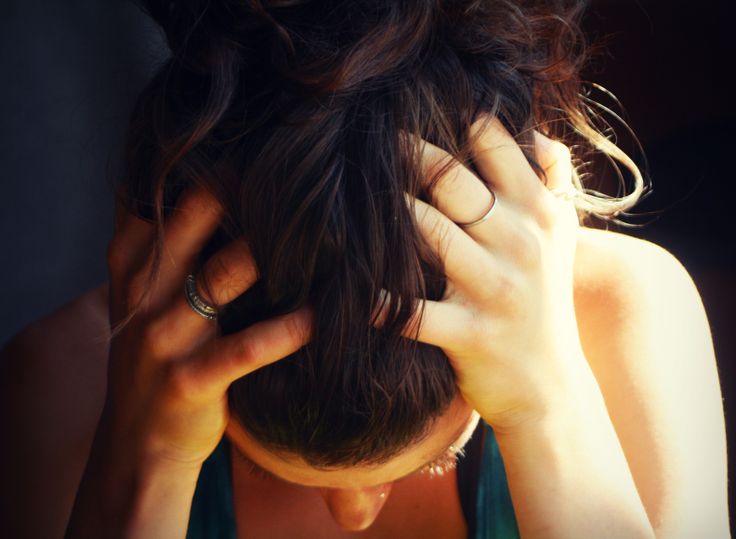If you find yourself looking forward to the end of Daylight Savings Time more than any holiday of the year, or you feel like your weeks are a big blur of just pushing through until you can sleep in on the weekends, your looks may be suffering from your lack of sleep. Sometimes people in today’s society wear their lack of sleep like a badge of honor, but it shows up on their faces in the form of fine lines, dark circles, and lackluster skin and hair.
It also shows up around the waistline, too. That doesn’t sound like a badge to be proud of, does it? There are some amazingly simple (yet often overlooked!) ways to give yourself a more youthful, healthier appearance, and getting enough sleep is one of them.
Sleep To Stay Young
Sleep, even getting enough sleep, let alone extra sleep, seems like more and more of a luxury. But sleep is like our reset button. It’s the body’s natural way to relax, turn off our stress responses, and restore our balance. The body also releases human growth hormone while we are sleeping. When we are children, this hormone helps us grow. When we are adults, this hormone wards off the effects of aging. So “beauty sleep” is a real thing!
Did you know that it only takes one day of sleep deprivation to start seeing the negative results? After just one late night, we start showing signs of aging, including memory problems, reduced immune response, haggard-looking skin, red and puffy eyes, and dark circles under the eyes. When skimping on sleep becomes the norm, you can seriously age yourself! Sure, you can fight the puffiness and reduce fine lines with foods like celery and cucumbers, but it’s best to approach the signs of aging from more than one angle.
Adults need 7-9 hours of sleep each day. Women need a little more sleep than men, and when they don’t get it, it’s even more harmful to their health. The data from the National Health Interview Survey concluded that at least 30 percent of American adults don’t get enough sleep (this number of participants reported getting only six or fewer hours of sleep per night).
The sad thing is, we just adapt to sleep deprivation – we just get used to it. Even though we feel tired, sluggish, and find it difficult to concentrate at times, we think that’s just the way it’s supposed to be. It’s so easy to get caught up in the habit of using caffeinated drinks, sugary snacks, and other artificial stimulants to get past the afternoon slumps. This dependence on caffeine can extend well into the evening, making getting to sleep difficult and creating a never-ending, dangerous (drowsy driving, for example) and beauty-stealing cycle.
When we don’t get enough sleep, it’s hard to get up in the morning. We want to hit the snooze button until we just can’t anymore. How many times have you thought to yourself, “Just five more minutes…”? Too many days start by dragging ourselves out of bed because we are already tired before we’ve even started! It’s too easy to forget how we spring out of bed when we feel good and look forward to the day.
Sleep To Stay Thin
Cortisol is called the “stress hormone” because the body produces it in response to stress. It’s good in short bursts, like in fight-or-flight situations, but the body is in an extended state of stress when it is overworked due to lack of sleep. Cortisol increases cravings for high carbohydrate, especially high sugar, foods, and can promote fat storage, especially around the abdomen. It can be a real barrier to losing weight or keeping weight off as well as in making good healthy food choices. Healthy Living How-To has some great tips for decreasing cortisol levels.
A lot of us are susceptible to falling into this cycle, especially when we’re not exactly aware of what’s going on and what’s causing the problem so we can make an effort to put a stop to it. When you’re not getting enough sleep, those afternoon pastries can call out to you like a long-lost best friend. Your brain gets tricked into thinking sugar is the solution to your exhaustion, when in reality it will just cause a bigger crash later. You can find yourself in an endless cycle of using caffeine and high carbohydrate foods to cope, without realizing that the real solution is to simply get more sleep and choose better energizing foods (like our Energy in a Spoon recipe or the Glowing Green Smoothie) when you do start feeling exhausted.
Sleep For Vitality And Beauty
Sleep is one of the best ways to take a time out from the toxic effects of stress. It is the body’s built-in mechanism to restore and replenish what gets depleted thanks to our ever increasing daily demands. Getting enough sleep may be the single most important thing you can do for yourself to maintain your vitality, energy and natural, youthful beauty. Once you’ve begun getting more sleep, you’ll find that it’s easier to resist the temptation of those pastries and caffeinated beverages in the afternoons. Your skin and hair will look better and you may even find that it’s become much easier to button your pants without a conscious weight-loss effort.
If your lack of sleep is due to insomnia or trouble sleeping more than just staying up too late to meet the demands of daily life, I have a few tips for getting a better night’s sleep. If daily life is the problem, try to prioritize, delegate tasks, ask for help from family and friends, and practice saying no more often if you make a habit of taking on more than you can really handle.Taking care of yourself—which includes getting enough sleep and eating healthy foods—will allow you to better take care of others, so don’t feel selfish about taking enough quiet time in the evenings to wind down before your full night of glorious, healing, beautifying sleep.




Hi Christina & Kimberly, love all of the inspiring blog posts & a big fan of the podcasts. The last podcast # 8 was on beauty sleep, I think the wrong podcast was uploaded as it didn’t tie in with the theme title that went with it.